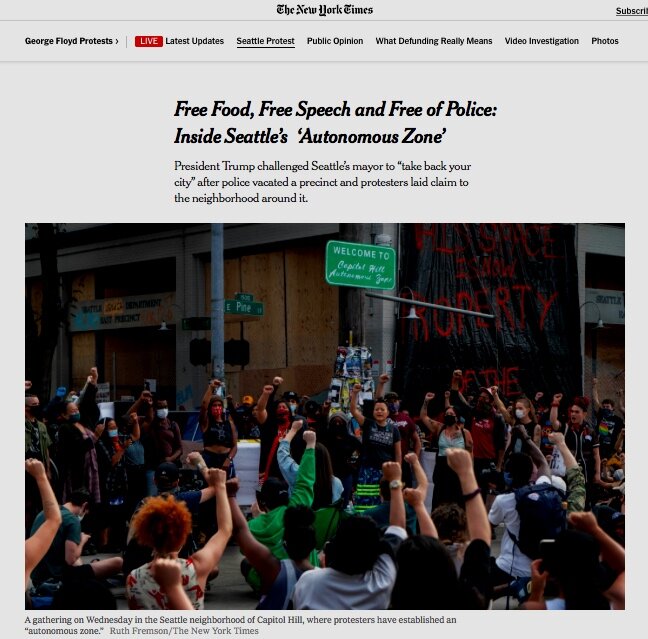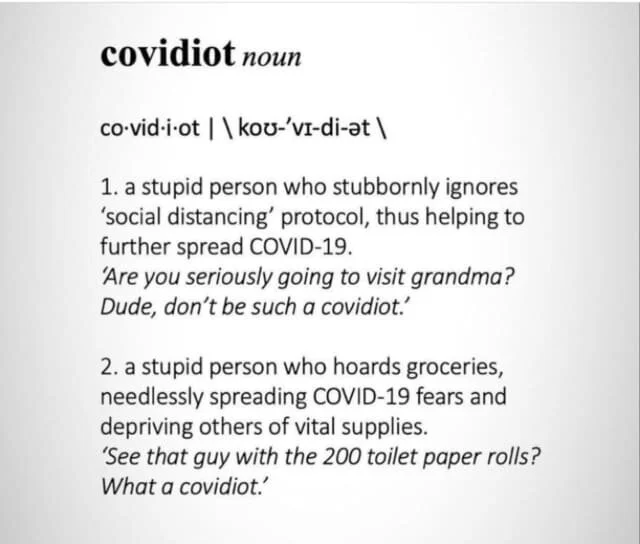I recently had a friend express her frustration about the inaccessibility of academic language and academic writing. My friend is not alone. In “The Needless Complexity of Academic Writing” written by Victoria Clayton in The Atlantic, there has been a growing cacophony of voices calling for an end to “opaque writing.” Clayton cites what she sees as an especially egregious example, from Barbara Vinken’s Flaubert Postsecular: Modernity Crossed Out, which reads as follows:
The work of the text is to literalize the signifiers of the first encounter, dismantling the ideal as an idol. In this literalization, the idolatrous deception of the first moment becomes readable. The ideal will reveal itself to be an idol. Step by step, the ideal is pursued by a devouring doppelganger, tearing apart all transcendence. This de-idealization follows the path of reification, or, to invoke Augustine, the path of carnalization of the spiritual. Rhetorically, this is effected through literalization. A Sentimental Education does little more than elaborate the progressive literalization of the Annunciation.
No doubt having been exposed to writing resembling that above, my friend (who is a talented podcaster whose public-facing work demands clear language) asked me (a PhD student in the humanities and social sciences): “Why is academia like this? Why must the language be so inaccessible to most of the world?” As a highly interdisciplinary scholar, I strongly empathize with the question, as well as the frustration. Each time I follow a footnote into some new niche of historiographic, theoretical, social-scientific, or philosophical discourse and struggle to get my bearings, I am reminded of Jean-François Lyotard’s argument, in The Postmodern Condition, that the accumulated knowledge of contemporary civilization is far too vast to be knowable by one person (for Lyotard, postmodernism is not some voluntary abandonment of truth, but a societal condition created by modernity’s surplus of truth—I’ll post more on this in the future). The fact is that we have researched, in depth and detail, a vast amount of subjects, and in doing so, we have had to develop some very precise methodologies and terminologies to both investigate and describe what’s there. These investigations have generally been undertaken by, and reported upon within extremely niche subfields of specialists. Within these specialist circles, technical and theoretical jargon has facilitated precise as well as succinct communication about findings and methodologies. Rather than having to explain context and use long-winded descriptive terminology for a concept, specialists can rapidly use a jargon term like Barbara Vinkin does above, when she speaks of “the progressive literalization of the Annunciation.” Ideally, scholars will define their terms during the course of their argument or report on their findings, but, over time, a subfield may begin to have an internally universal understanding of a particular word, such that it ceases to be defined within the specialist literature. As Cass Sunstein insists in an article entitled “In Praise of Jargon,” while academics may write “in ways that many general readers would find obscure,” this is because such writing “has precision, shorthand, and nuance that cannot be captured in ordinary language.” Sunstein insists that this type of writing should not be mistaken for, or judged in the same way as, non-academic writing. Yet the academic humanities and social sciences tend to receive a disproportionate amount of scorn on account of the complexity of their academic writing. When we smear academics for writing in “turgid” language, it is always this side of the academy that we are referring to. Nobody is out there making fun of mathematicians for writing inaccessibly, or for their “opaque” equations. If anything, their complexity appears elegant—perhaps even decorative—to the untrained observer. Indeed, some of this scorn comes from so-called “hard” scientists themselves, who scoff at the idea that investigations of art, politics, culture or social patterns would warrant levels of abstraction or sophistication that rival those used in the investigation of the laws of physics or molecular biology. Characteristic of this scorn is that offered by Steven Pinker in his book The Blank Slate, where he trots out a particularly wordy passage by Judith Butler and lauds the decision by the “annual Bad Writing Contest, which ‘celebrates the most stylistically lamentable passages found in scholarly books and articles’” to award Butler first place in 1998. {415} On the other hand, Pinker celebrates “scientific” research, and even goes so far as to suggest that “evolutionary psychology and cognitive science [should] reestablish human nature at the center of any understanding of the arts.” {417} Setting aside for a moment Pinker’s nefarious attempt to colonize other fields with knowledge from his own, there is a blatant asymmetry between the way that we are apt to judge humanities and social science writing versus that of the “hard sciences.” This is because there is no obvious distinction between the “primary research” of the former fields and their final output.
For the academic who writes for highly specialized audiences, the question might legitimately be posed: what is the relevance of this work? What does it change? What does it contribute? All too often, the academic considers their job done once their article or book hits the press (a claim that is somewhat justifiable in some fields, such as history, where we write books that are at least theoretically addressed to the history-reading public). Yet, in my view, this is not good enough. While you might only be paid and assessed on the basis of your specialized academic output, one should also seek to be a “translator” of their own work for less specialized audiences. I often think about something that the infamous street artist Banksy said in an interview once, that he will produce two sculptures—one to sell and cover the cost of materials for both, and the other to illegally install somewhere public—a strategy that he wittily refers to as “buy one, get one free.” For some time now, I have been preoccupied with the question of how academics might translate—or even produce—their work to broader audiences, perhaps by writing non-academic books that offer the same arguments as their academic works, but in more accessible language, and with speculation of how the ideas might be applied. Such an academic “buy one, get one free” could lead not only to a broader appreciation of academic work, but a deeper understanding, on the part of the public, of the many complex and important concepts that academics contribute to human knowledge.
Now, back to the arrogance of someone like Steven Pinker seeking to castigate that which he obviously does not understand in a field that is distant from his own. We have to contextualize his critique—as well as the academic writing that has attracted such ire from him and others—as occurring in a moment that is experiencing a simultaneous (and interrelated) education bubble and an attack on higher education. As participants in the debate about academic language have pointed out, it is difficult to disentangle condemnations or defenses of academic language from the broader struggle over the role, meaning and scale of higher education in our society, as higher education is being defunded, subjected to nefarious and counterproductive competition (where sports, buildings and recreation facilities are valued over academic excellence) and disciplined by a growing army of managerial administrators. Even the hilariously-named “Shit Academics Write” Tumblr site has recently highlighted the importance of these interrelated crises of higher education (citing how “universities run on disposable scholars,” that universities over-admit students, resulting in a situation where “40 percent of recent Ph.D. graduates had no employment commitments [after graduating],” etc.). And much of this pressure has been disproportionately applied to arts, humanities and social science departments, who are viewed, through the “neoliberal” lens of market justification and economic rationality to be superfluous for the establishment of careers, and therefore disposable.
Under these conditions, it may be worthwhile to imagine new ways to produce work outside of the academy. I have made the case for such scholarship here, but I’ll write a blog post about this at some point in the future.


















